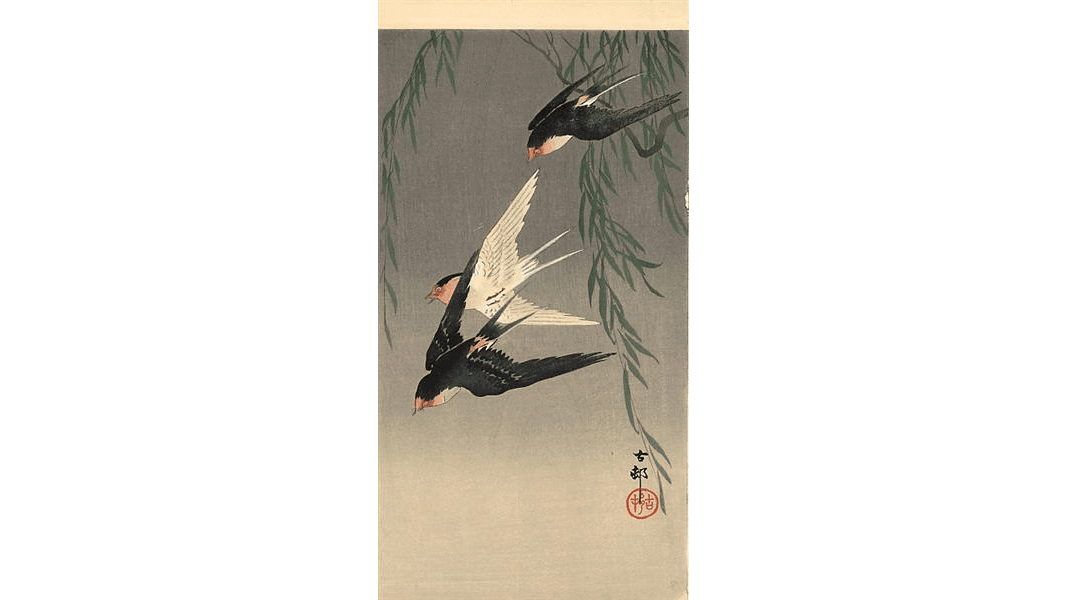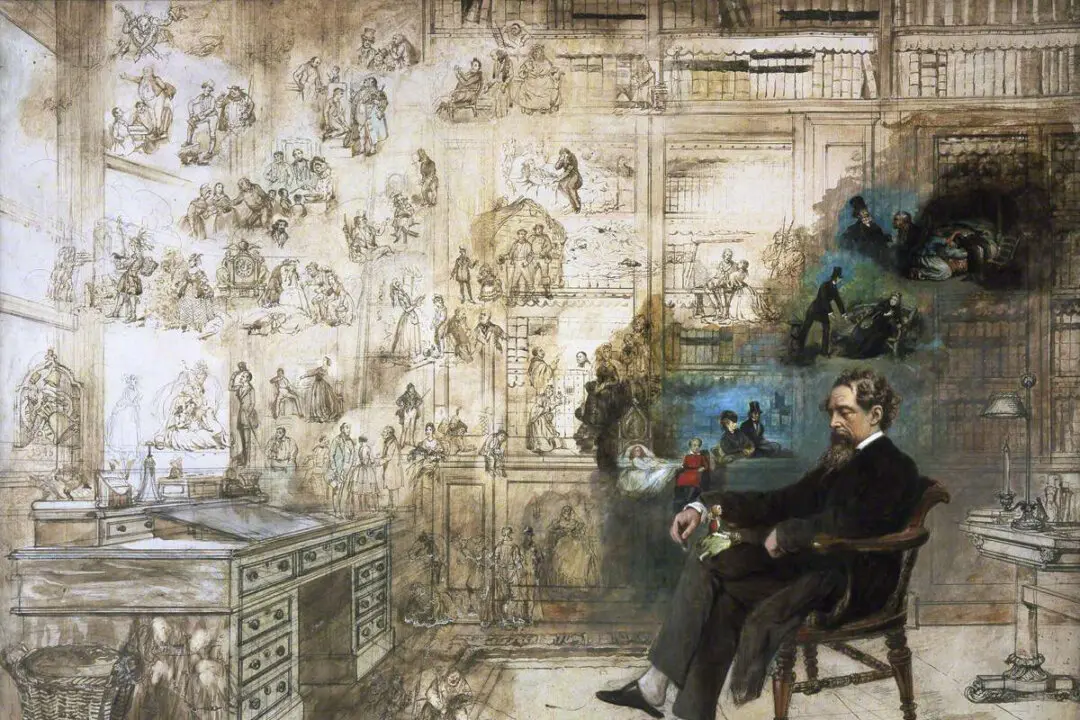One of the most fundamental needs of an person, especially one in a community, is truth. An individual must center his life around this virtue, so that he can live honestly and meaningfully impact his small world. The most influential and meaningful life is one that upholds truthfulness, especially in the community.
In her short story “What the Swallows Did,” Louisa May Alcott focuses on people’s need for veracity. By following a forlorn young man, she emphasizes the need for an individual to live honestly.






